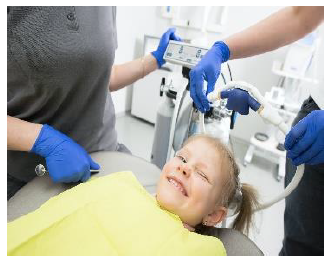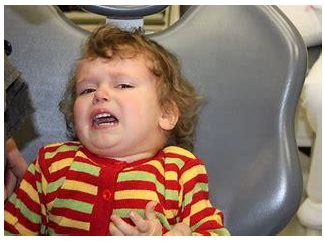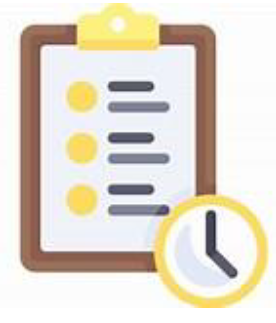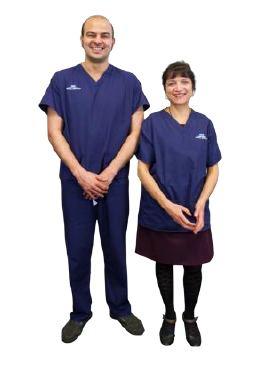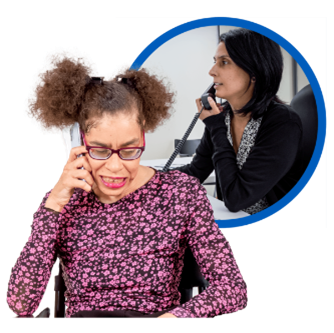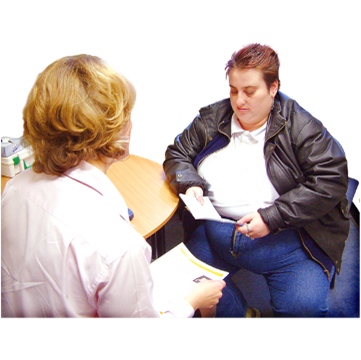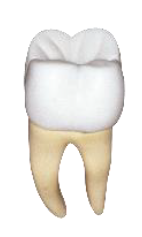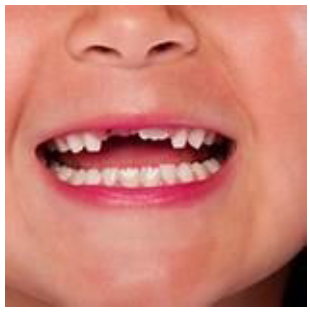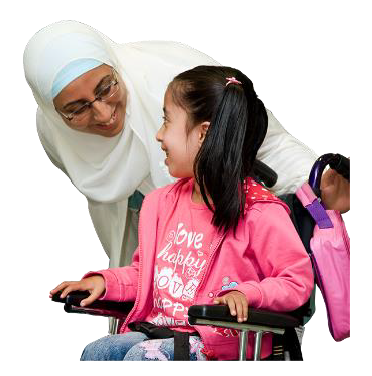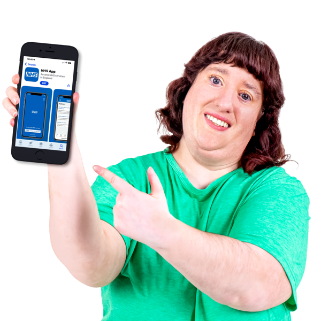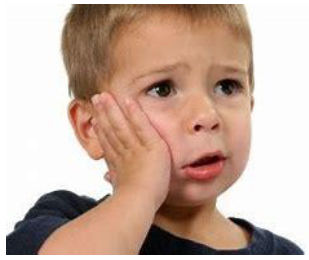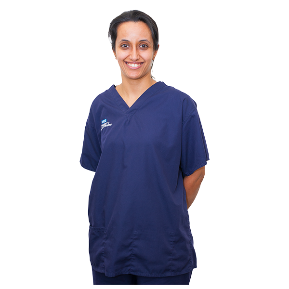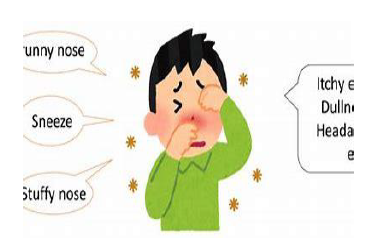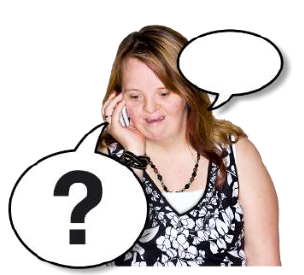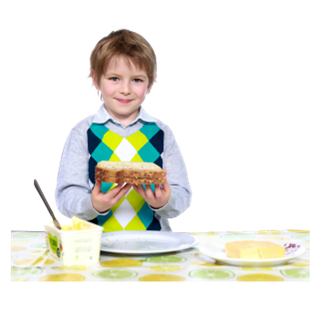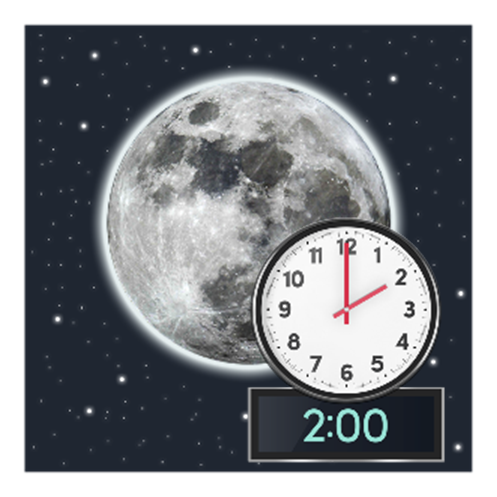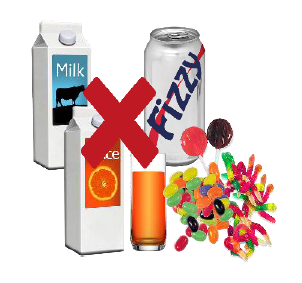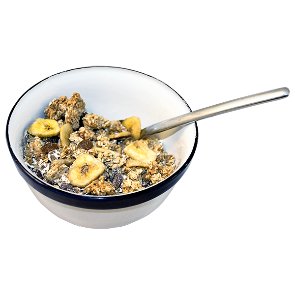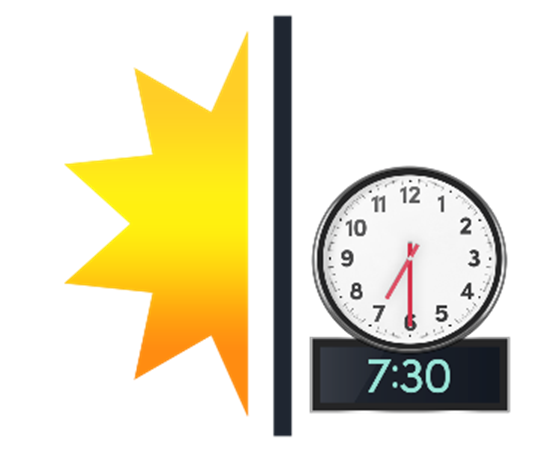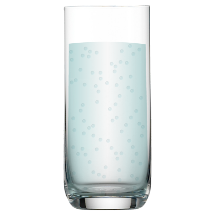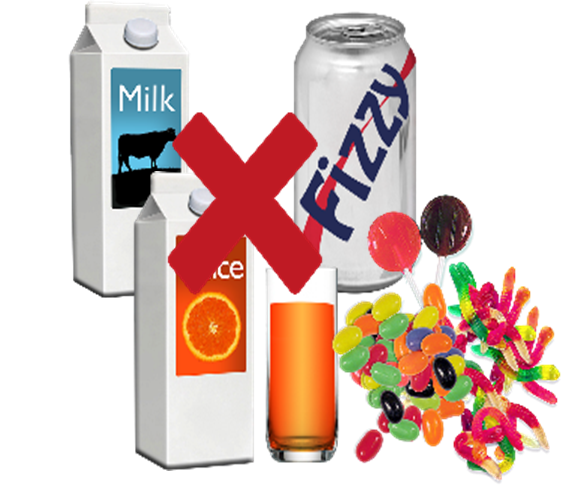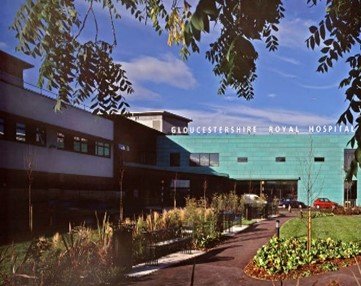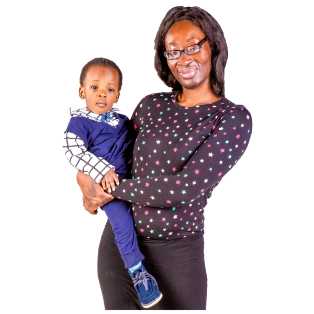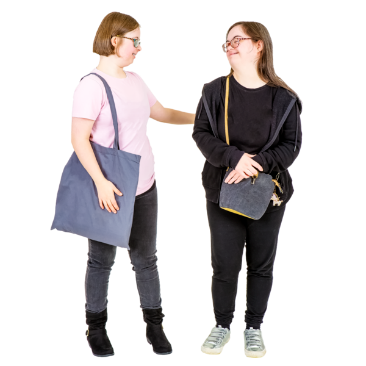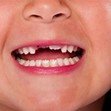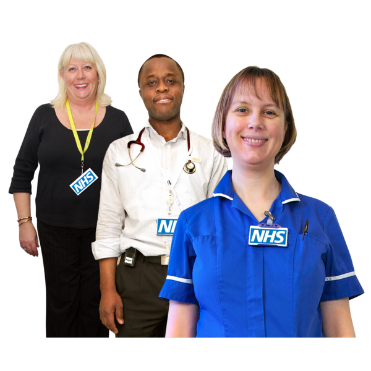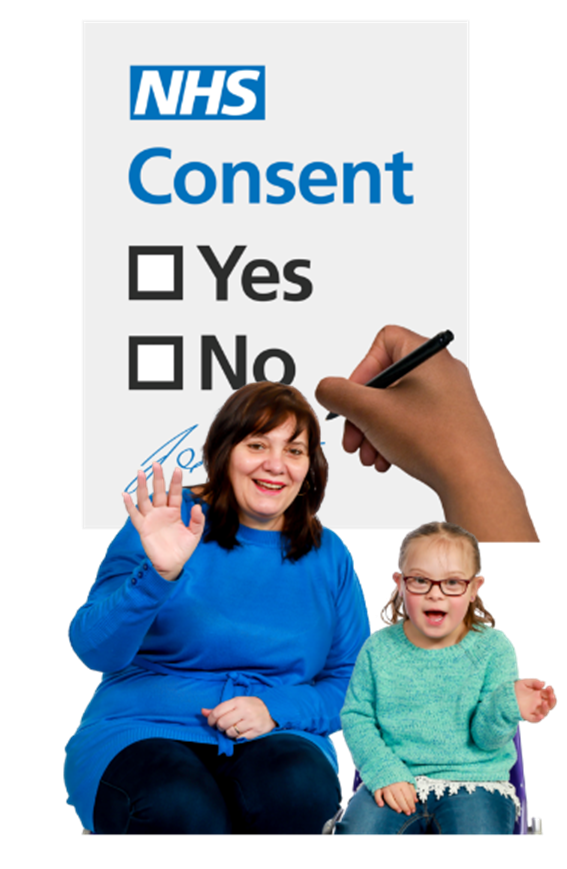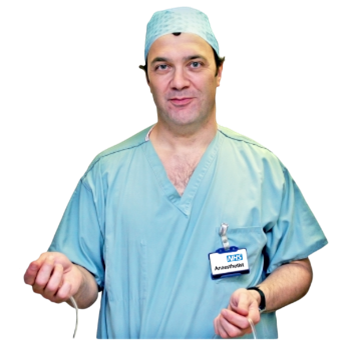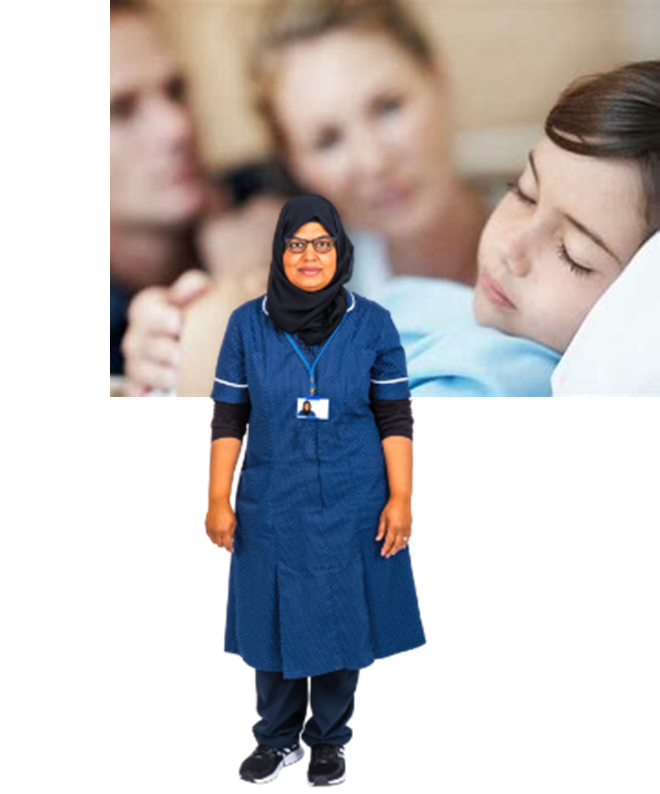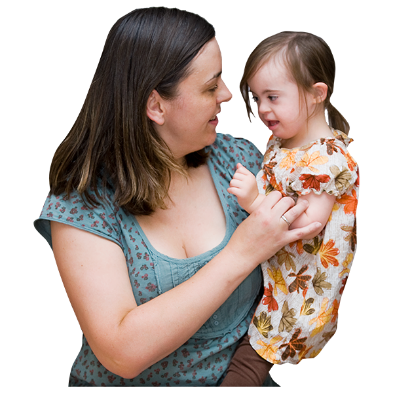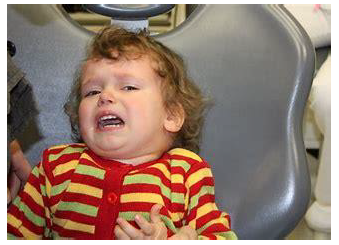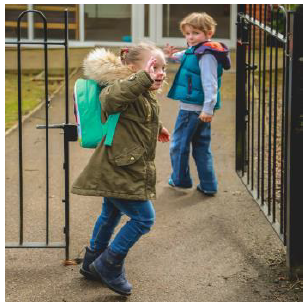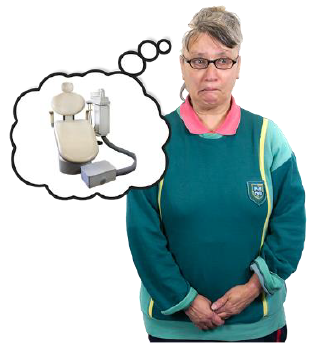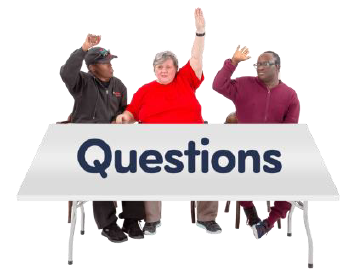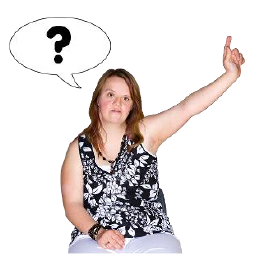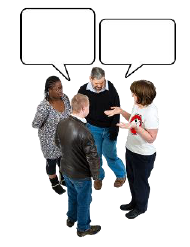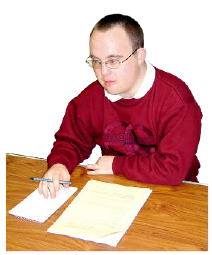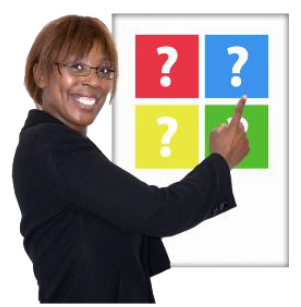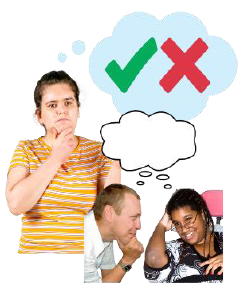Information for people who care for a child who is having teeth out under a general anaesthetic
A general anaesthetic will mean your child will be asleep when they have their treatment.
On this page
-
Why does my child need a general anaesthetic?
-
Your child’s name will be on a waiting list
-
We will talk to you to get ready for your child’s operation
-
How many teeth will my child have out?
-
Our first teeth are called baby teeth
-
Will my child be able to eat normally after their treatment?
-
What should I tell my child about having a general anaesthetic?
-
What should I do if my child has toothache before their appointment?
-
What if my child is poorly on the day of their appointment?
-
Eating and drinking before surgery
-
How will my child feel afterwards?
-
Are there any risks with a general anaesthetic?
-
More information
-
Ask 3 questions
Why does my child need a general anaesthetic?
Your dentist feels your child would not be able to manage to have their treatment if they were awake.
They will have talked to you about all the different ways to help your child manage having their treatment.
Your child’s name will be on a waiting list
When your child gets to the top of the list you will get a letter about the appointment.
You will have a first appointment to do checks before your child has their appointment for treatment.
You will get a letter, email or phone call about this appointment.
We will talk to you to get ready for your child’s operation
This is an anaesthetic assessment.
This will be arranged by the children’s doctors team before the date of the operation.
This will be a phone call or a Face 2 Face appointment.
You can request a Face 2 Face appointment if you would prefer one.
How many teeth will my child have out?
Your dentist will have talked to you about what treatment your child needs.
Your healthcare professional will advise how many baby teeth and adult teeth your child will be having out.
When your child has their first appointment to do checks, their treatment plan might change.
Our first teeth are called baby teeth
Baby teeth help make space for our second teeth called adult teeth.
Sometimes taking out baby teeth means adult teeth don’t have the space they need.
Will my child be able to eat normally after their treatment?
Their mouth might be uncomfortable for a couple of days.
They should have soft food for that time.
What should I tell my child about having a general anaesthetic?
It is good for children and young people to understand about coming to hospital.
A Phone App called ‘Little Journey’ will help you talk to your child about coming to hospital.
The App uses videos, games and stories.
They can help your child understand what will happen.
Scan the QR code to get to the details of the App
What should I do if my child has toothache before their appointment?
Give them their usual amount of pain medicine.
If they are still in pain contact your dentist for advice.
What if my child is poorly on the day of their appointment?
If your child has a cough, cold, runny nose, has a temperature or is poorly with something else, they might not be able to have a general anaesthetic.
Please contact the Paediatric Day Unit at Gloucestershire Royal Hospital for advice about what to do,
Eating and drinking before surgery
For morning surgery
Your child can have a late-night meal.
After 2:00am they must not eat and can only have clear drink like weak squash or water.
They should be drinking as much as they want until they arrive at the hospital.
Please do not let your child have; milk, fizzy drinks, fruit juice, sweets, chewing gum
For afternoon surgery
Your child can eat breakfast before 7:30am.
After 7:30am they must not eat and can only have clear drink like weak squash or water.
They should be drinking as much as they want until they arrive at the hospital.
Please do not let your child have: milk, fizzy drinks, fruit juice, sweets, chewing gum
You will have been given a time to arrive in your appointment letter.
AM 07:30
PM 12:30
If your appointment has to be cancelled you will be contacted by the hospital booking team to arrange another appointment.
Only parents or carers with parental responsibility should come with the child to hospital.
A single parent can bring an adult family member for support.
Tell the Oral Surgeon if your child has lost any teeth since they last saw them.
You will be seen by the health staff who will be treating your child including the Oral Surgeon.
The Oral Surgeon will talk to you about the treatment and ask you to sign a form to agree to the treatment.
This is called a consent form.
The consent form has to be signed by an adult who has parental responsibility for the child.
This means the child’s mother or father or someone who has been given parental responsibility in court.
The doctor who will give your child their general anaesthetic is called an anaesthetist.
The anaesthetist will check if your child is allergic to anything.
They will check what medication they take.
They will ask if your child has had a problem with a general anaesthetic in the past.
You will usually be able to stay with your child until they are asleep.
When the treatment is finished, your child will go to the recovery room.
A trained recovery nurse will look after your child.
When it is safe for you to go to recovery you will be able to be with them again.
You will be able to take them home later that day.
How will my child feel afterwards?
They might feel sleepy and confused and might cry.
They might feel a bit sore so they may be given some pain medicine.
Some children still feel a little bit poorly the next day so they might need to stay home from school.
You will know whether they should go to school or not.
Are there any risks with a general anaesthetic?
General anaesthetics are usually safe but it is not possible to take away every risk.
Some people feel sick or dizzy or have a sore throat after a general anaesthetic.
About 1 in every 1000 people have other things like problems breathing.
It is very rare that people have anything like a serious allergy and even rarer that people die.
More information
If you have more questions, you can contact the clinic where your child has their appointment.
If you want to know more about having a general anaesthetic you can look at the Royal College of Anaesthetists website.
You can search by copying this into your search engine:
Ask 3 questions
If you are asked to make a choice about your health, you may have lots of questions you want to ask.
You might want to talk to other people about your choices.
It can help if you make a list of your questions and take it with you to your appointment.
To begin with try to make sure you get the answers to these 3 questions, if you are asked to make a choice about your healthcare.
What are my choices?
What are the good things and not so good things about each choice?
How do I get help so I can make a choice that is right for me?
